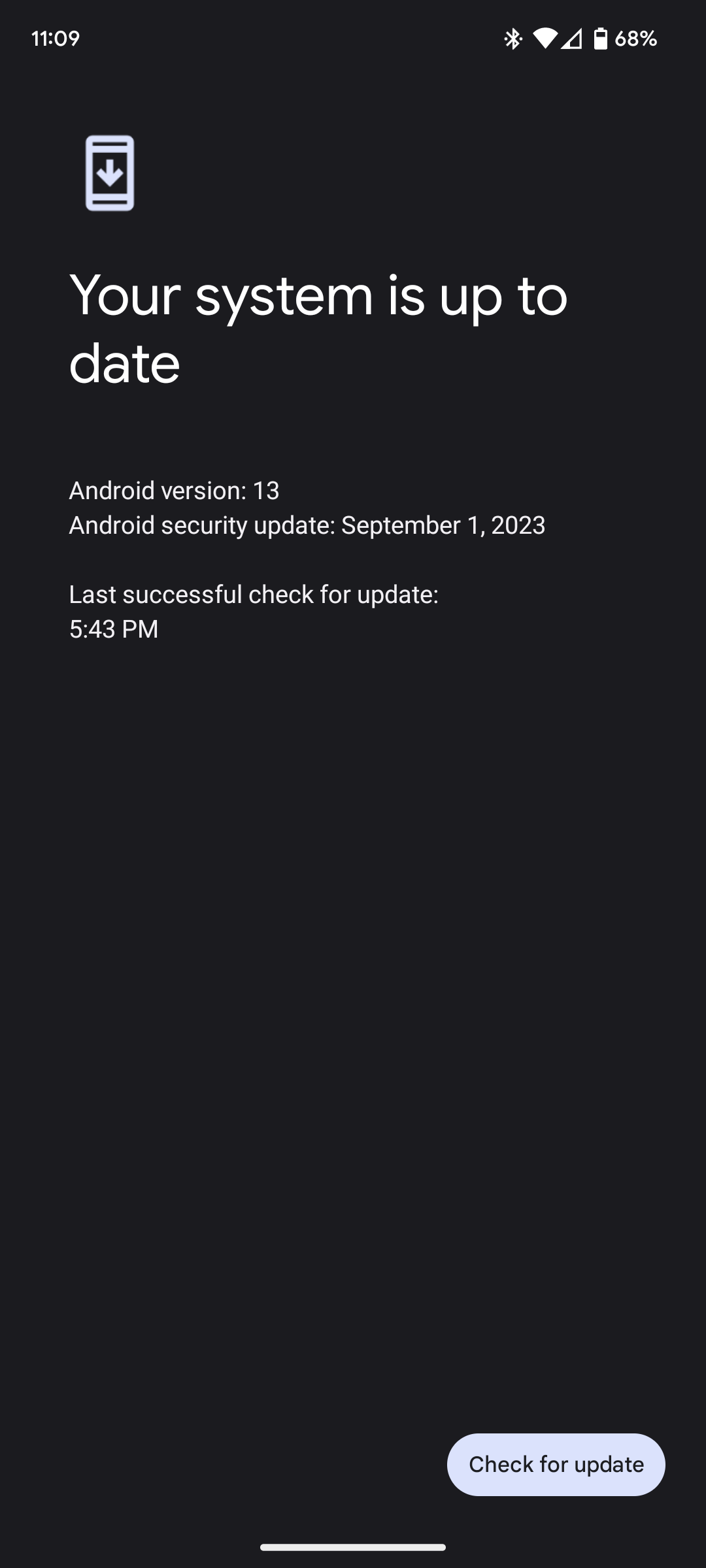this post was submitted on 07 Nov 2023
28 points (100.0% liked)
Google Pixel
1444 readers
2 users here now
The home of /r/GooglePixel on Lemmy and the Fediverse!
The place for everything related to Google Pixel devices, including news, reviews, tips, tutorials, rooting, and app discussions.
Rules
- Stay on topic: all posts should be related to Google Pixel devices.
- No offensive/low-effort content: avoid posting offensive or low-effort content that does not contribute positively to the community.
- No self-promotional spam: active community members are welcome to post their apps but should also participate in comments and discussions. Please do not post links to your own website, YouTube channel, or blog.
- No reposts/rehosted content: whenever possible, submit original sources. If the original source is not available in English, you may provide a translation. Reposts of the same content are not allowed.
- No editorializing titles: when submitting articles, do not change the titles. You may add the author's name if it is relevant.
- No piracy: sharing or discussing pirated content is strictly prohibited.
- No unauthorized polls/bots/giveaways: please do not create unauthorized polls, use bots, or organize giveaways without proper authorization.
- No affiliate links: posting affiliate links is not allowed.
founded 2 years ago
MODERATORS
you are viewing a single comment's thread
view the rest of the comments
view the rest of the comments

yes would be easy for them to do, I just don't think I've seen Google do this before
It would be interesting to see if it's an actual cloud-controlled recall feature or whether it's something simpler like timed expiry of an installed but not activated update. Haven't dug into update_engine for that. Could also be in the upper updater layer, outside of update_engine.
At least on Chrome OS, update engine does have a recall feature. The server can say, "if you've downloaded and installed an update and you're waiting to boot into it, cancel it and stick with what you have"